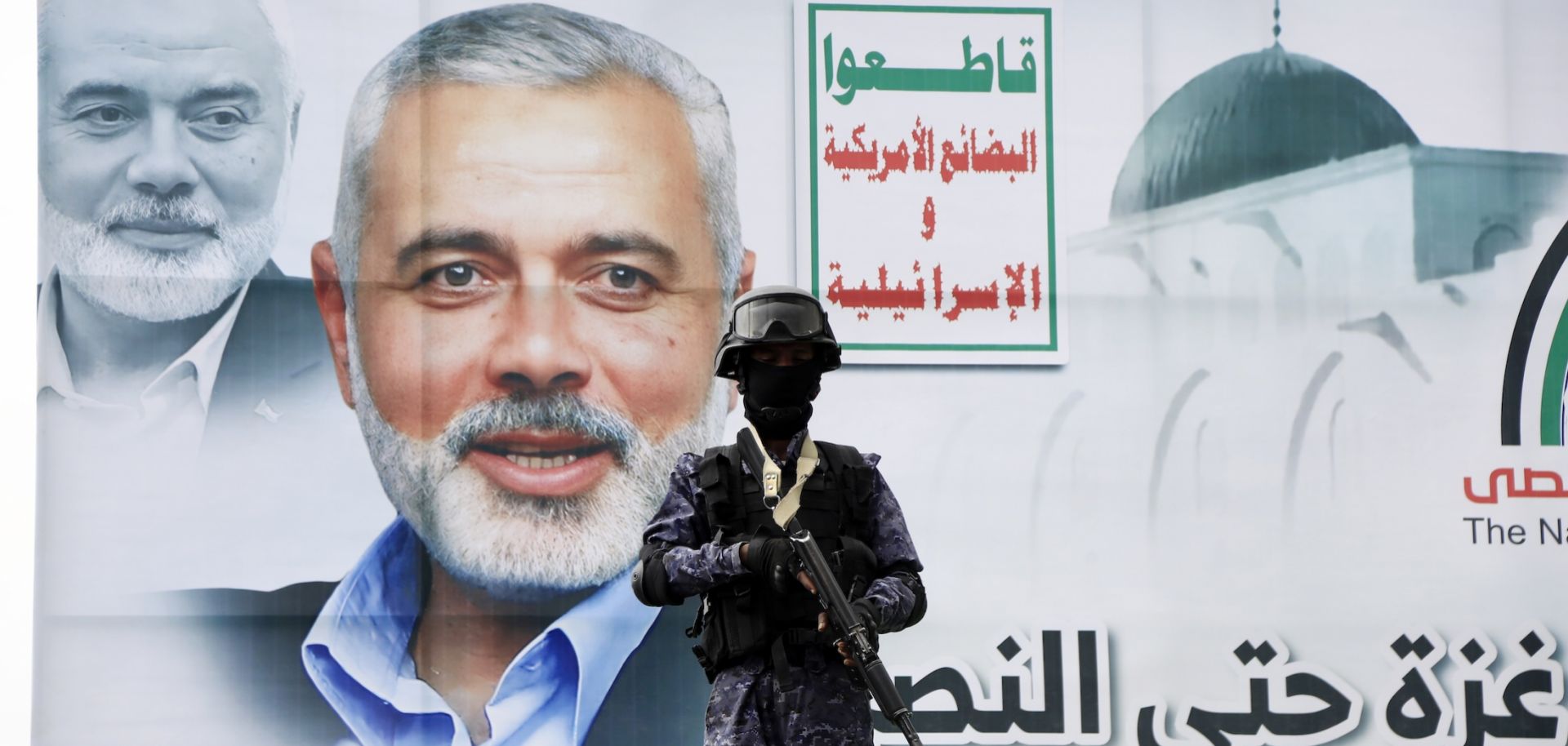The assassination of Hamas' political chief will undermine Hamas-Fatah reconciliation by deepening drivers that already make unity between the two groups difficult, leaving the Palestinian political movement fractured while fueling instability in Gaza and the West Bank. On July 31, Israel presumably assassinated Hamas' political leader Ismail Haniyeh in Tehran, creating a sudden leadership vacuum in the militant organization, which also governs the Gaza Strip. The killing came a little over a week after Hamas and its West Bank counterpart Fatah announced the beginning of a national reconciliation process outlining goals toward a unified government. This was the first significant political announcement toward unity made by the two Palestinian political forces since at least 2017. Hamas has expressed interest in being involved in post-war Gaza governance. And Fatah -- the dominant political party within the Palestinian Authority, which governs the West Bank -- has a political incentive to maintain dominance...

